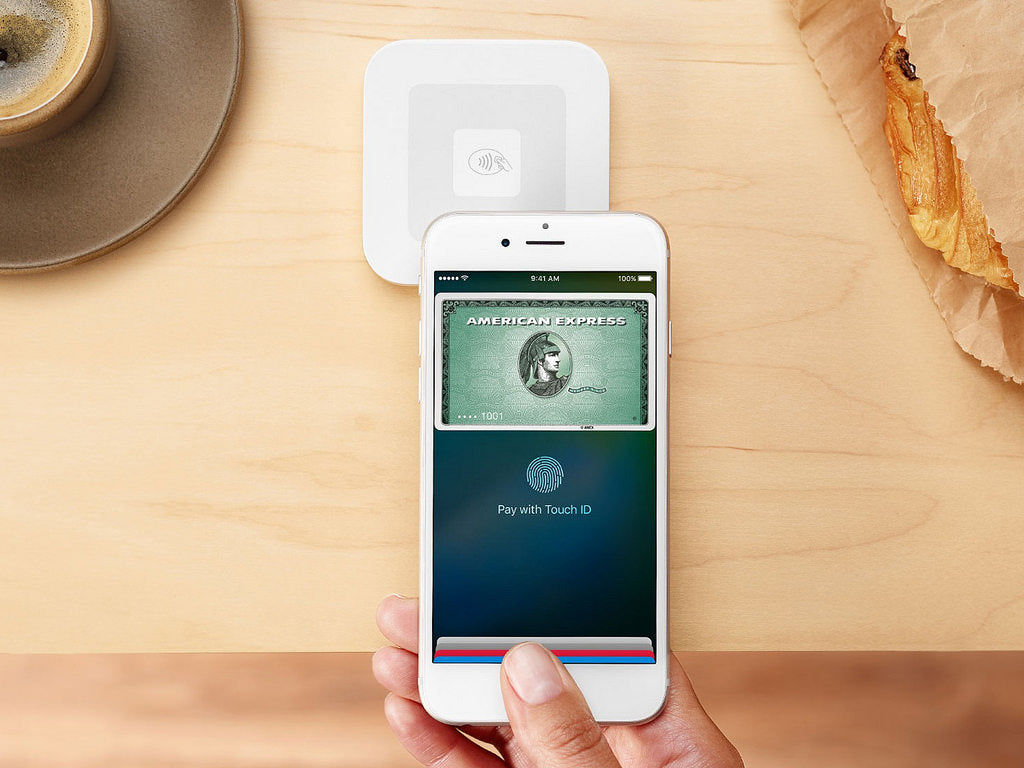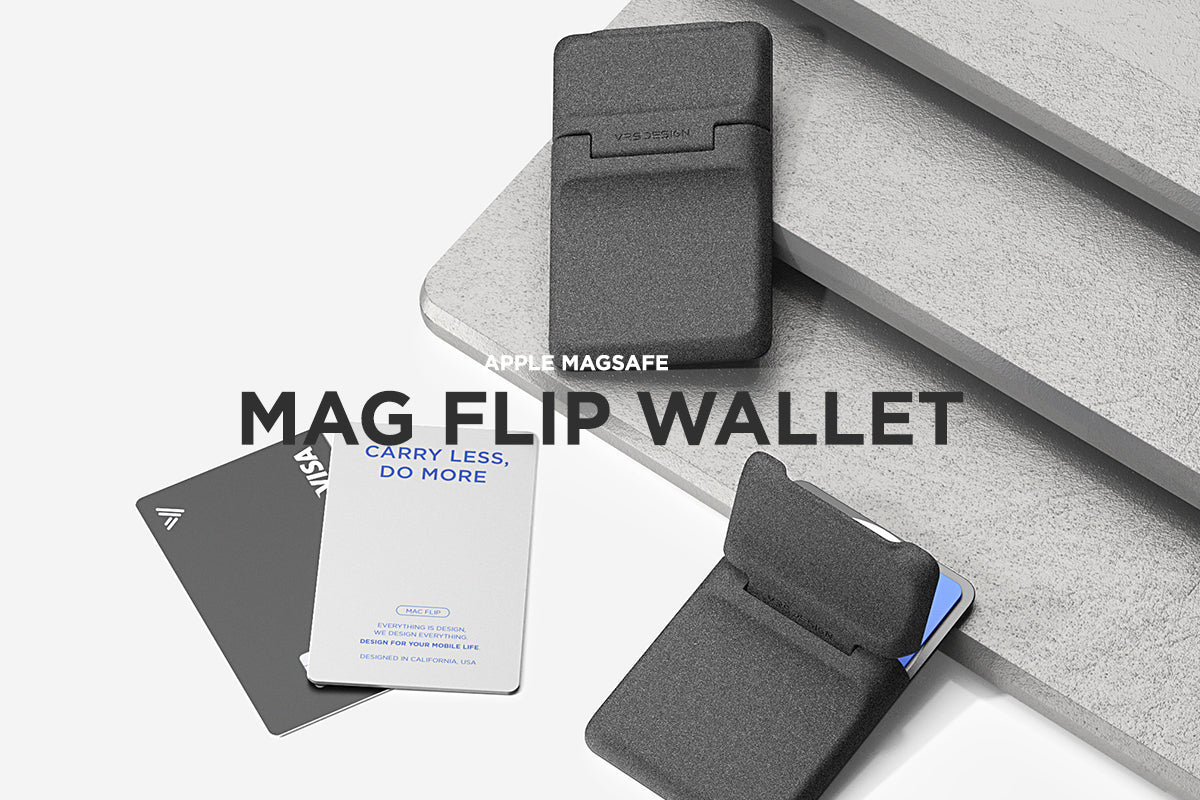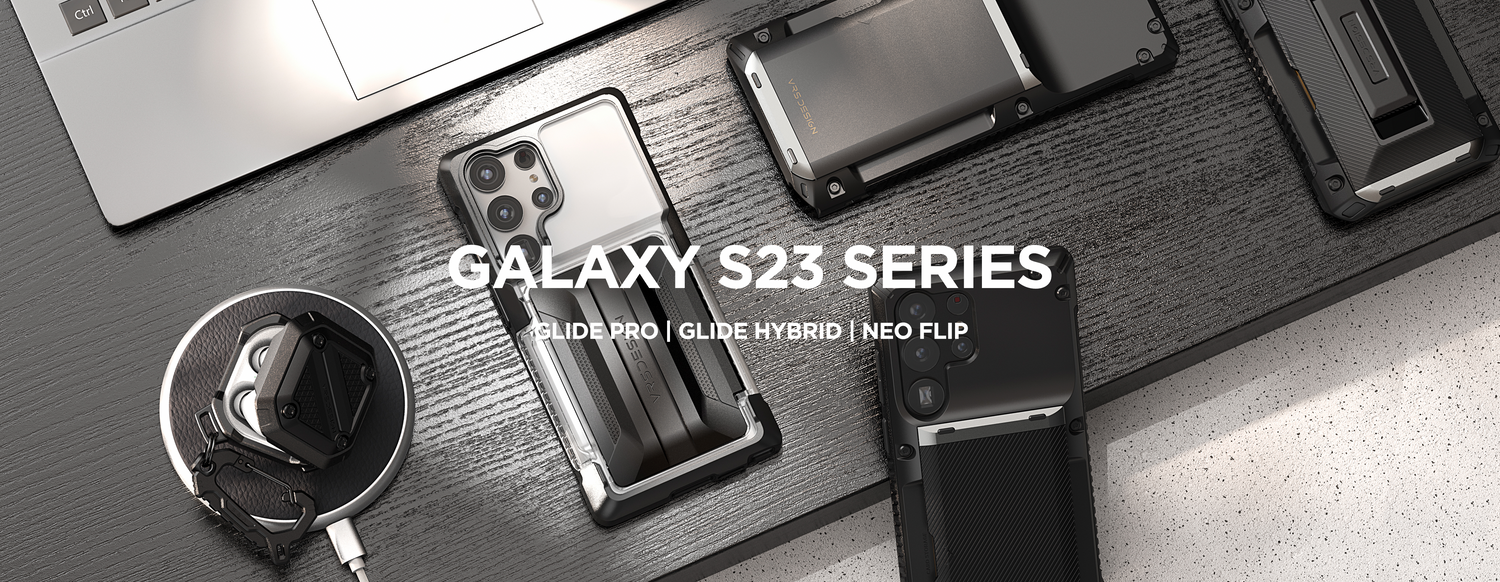
No more cash or cards, just a few taps and you’ll be on your way to being a smart and savvy consumer.

But just how popular are these applications?
No more cash or cards, just a few taps and you’ll be on your way to being a smart and savvy consumer.

What is Apple and Google Pay?
To put it simply, they are mobile payment applications that rely on NFC or Near-Field Communication technology to process your payment and make a purchase. Mobile applications such as Apple Pay, utilize this technology to securely transfer your payment method to any NFC compatible device. Your device must be within a certain radius of the receiving device in order for the mobile payment application to work, but no actual contact between the devices is needed, which is both convenient and a great security measure.

Is Using Mobile Payment safer than Credit Cards?
Mobile Payment applications tighten security by generating “tokens - random 15- to 16-digit numbers that look and work like credit card numbers, but are useless if stolen.” [1] Instead of using your actual credit card account information for transactions, which is the standard protocol for using credit cards, Mobile Payment allegedly just makes it even that more challenging for hackers to steal data, which ups the security for your personal information.So yeah, theoretically Mobile Payments are supposed to be safer than credit cards.
Sounds great, but my local Target doesn’t accept Apple Pay?
Target and many major retailers have pledged allegiance to the Merchant Customer Exchange (MCX), which essentially helps develop for merchants their own mobile payment platforms, naturally allowing full control of their own services. And that would not be the case if they offered Apple, Google, or Samsung Pay. And as expected, Target launched their own mobile payment system called Wallet in the Target App. On the bright side, Although Apple Pay may not be not used for in store purchases, it is still accepted for online purchases through the Target App. But disregarding these giant corporations, the market composed of small merchants have not been entirely convinced by the mobile payments system either. Many small merchants already hate the fees charged by credit card companies. And although there would be no upfront costs to integrate mobile payments, there would still require some adjustment on the merchants end. Many small merchants are reluctant to integrate Apple Pay into their current POS systems, and that’s taking into consideration the fact they had already carried a compatible system in the first place. So in addition to potentially having to purchase additional NFC-compatible devices, one would need to train and prepare employees on how to accept mobile payments.
Final Verdict
• Mobile Payments are not accepted in many major retailers
• Small Vendors are likely not to get on board with the need of NFC compatible devices
• Credit Card issuers have a long history in the business, and their system and protocol is heavily protected
• Mobile Payment Apps have not perfected their authorization process, so there still exists many security issues
So, keep your cards safe and Check out Our Top Picks:
Check Out Our Damda Folder Collection
Citations:
1. Cao, Athema. (2016, December 15). Y Things to Know ABout Paying With Your Phone [Blog post] Retrieved from http://time.com/4023751/phone-car-charger/
2. Marks, Gene. (2015, June 1). Why Is Almost No One Using Apple Pay [Blog post] Retrieved from http://time.com/4023751/phone-car-charger/






